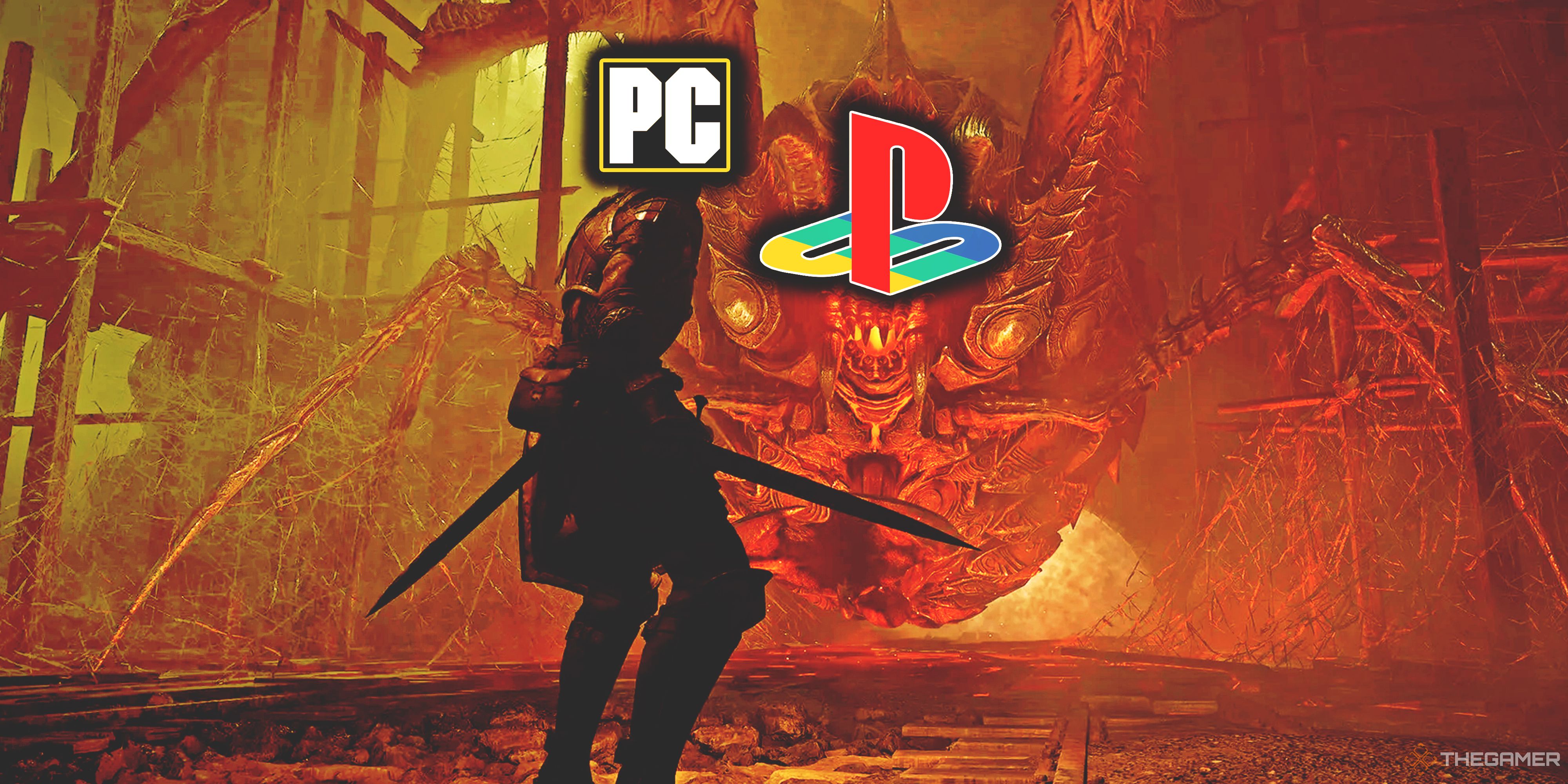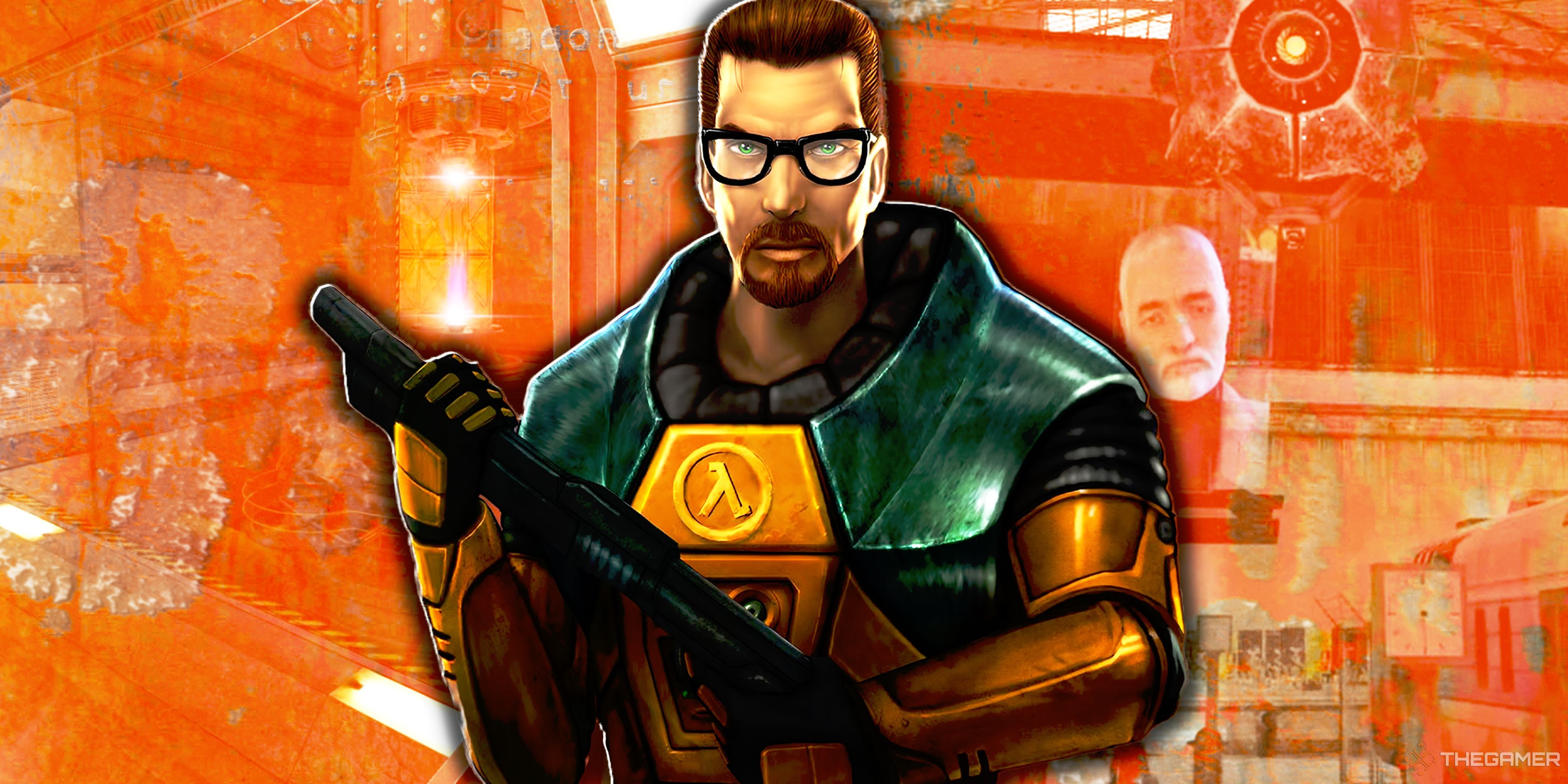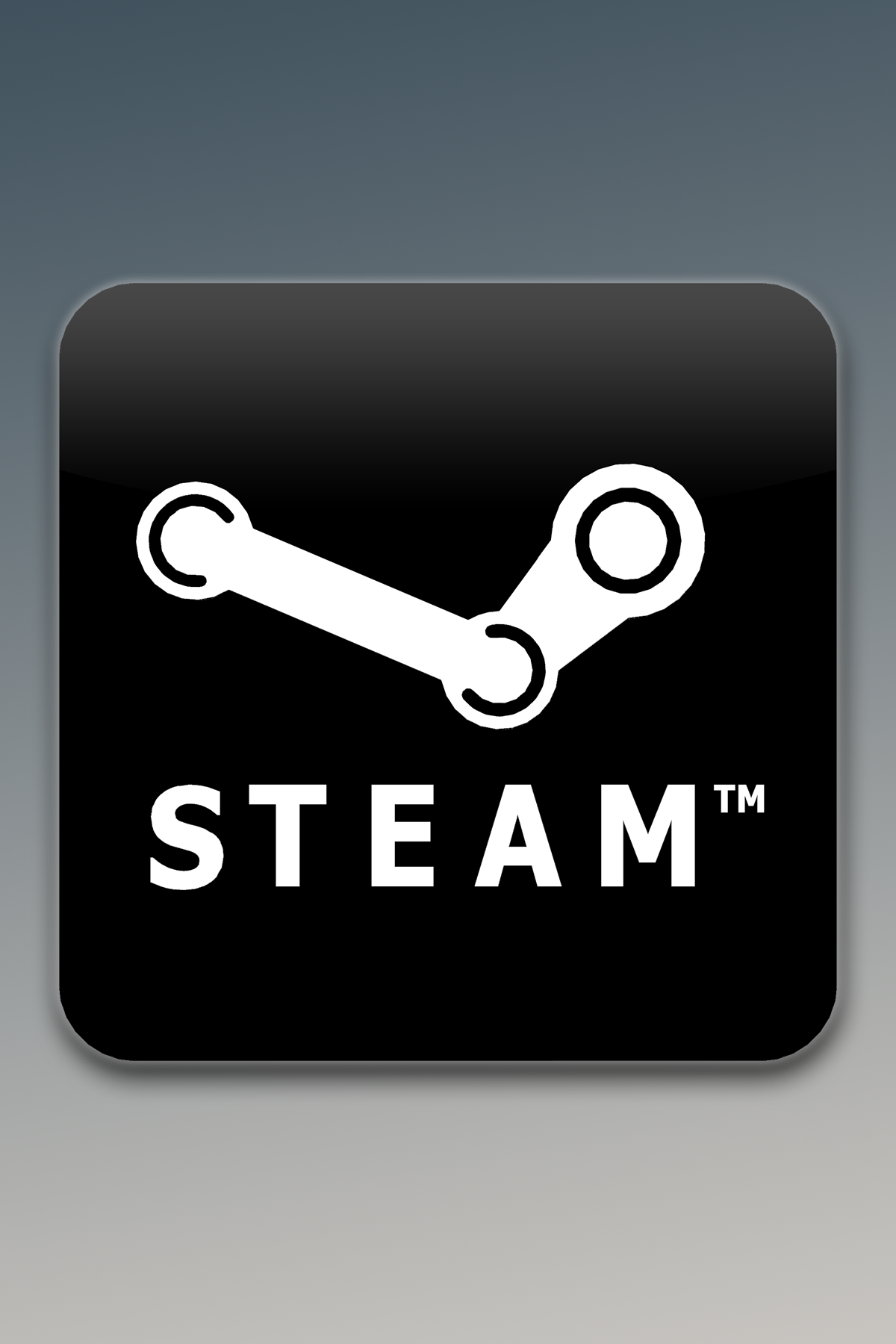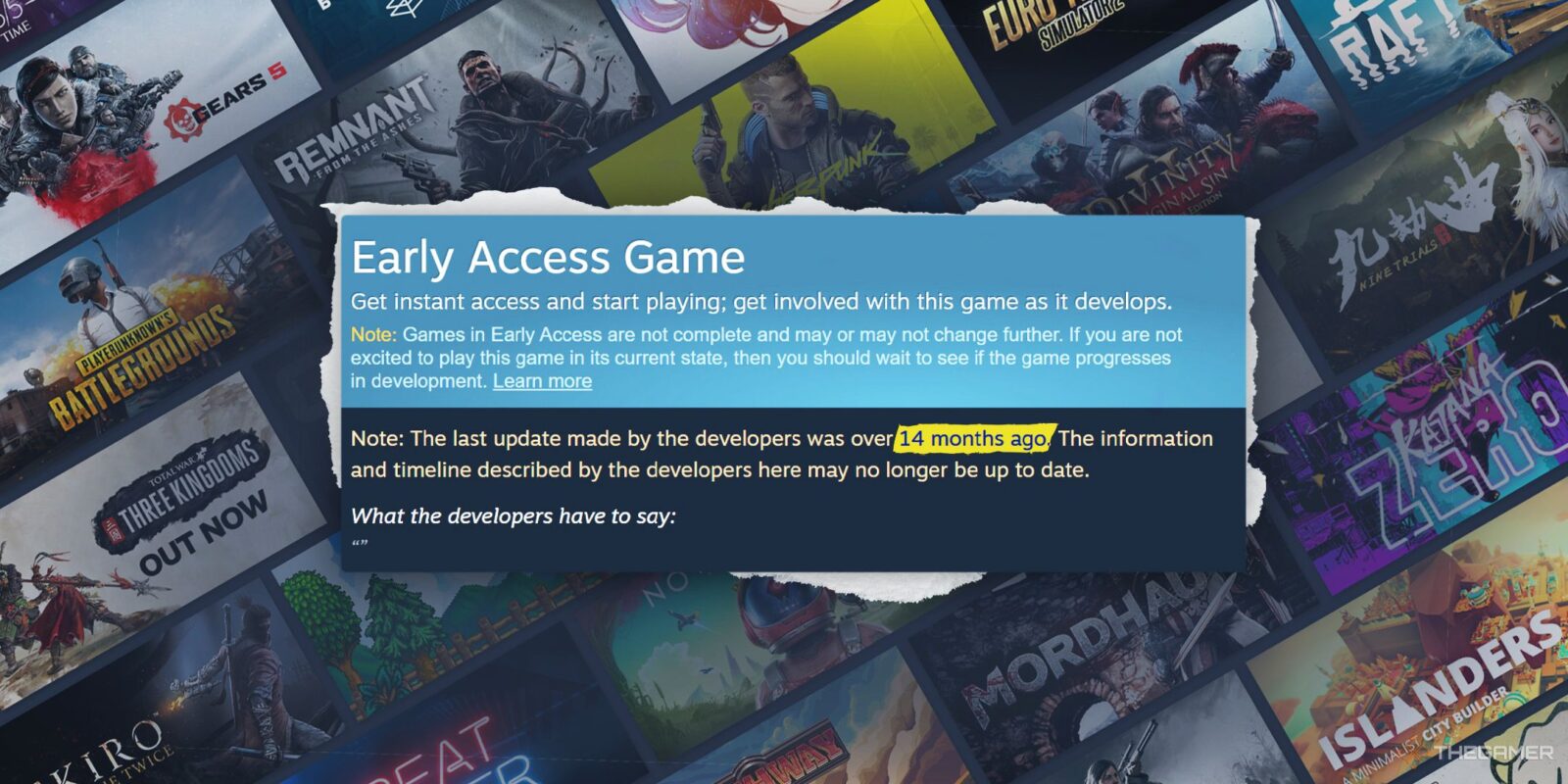There’s a lot of garbage on Steam, which makes sense, since it’s the biggest PC game storefront in the world. Last year, almost 19,000 games were released on the platform according to SteamDB, so understandably, some of them were nonsense.
Just some examples off the top of my head: there’s the scam Helldivers 2 listings accompanying the game’s launch last year and a weird 18+ Helldivers 2 knockoff. There are completely broken games like The Day Before. There’s that stupid banana game grift. There’s a lot of extremism and hate speech.

Related
Why Are None Of PlayStation’s FromSoftware Games On PC?
Demon’s Souls is the latest PlayStation-published FromSoftware game to miss out on a PC release.
Steam Will Now Tell You If An Early Access Game Might Be Dead
Among all that are dead early access games, with developers who took money for a game in development and then up and vanished, never to be heard from again. But Steam is stepping in with a new feature aiming to help players identify these games from a quick glance at a game’s store page. The update will indicate to users if an early access game hasn’t been updated for a significant period of time, giving them some clues as to if a game they’re interested in may still be released or if it’s been abandoned.
Obviously, there are a lot of upsides to this feature. For one, it’ll stop unsuspecting Steam users from investing in early access games that aren’t actively in development and wasting their money. It might also incentivise developers to be more active and communicative when their games are in early access. All in all, it’s a pretty pro-consumer move from Steam.
But There Are Downsides Too
There are still quite a few problems surrounding this feature, though, the most important being that the parameters for this warning to appear are unclear. How long does a game have to be stagnant before this warning shows? Does other communication, like developer posts, count as updates, or must a game have been patched for it to count? How big does an update have to be to qualify? And does potential harm disproportionately affect indie developers who might take longer between major updates and incentivise them to push updates before they are ready?
We might have answers to some of these questions. Reporting by Forbes indicates that the threshold for stagnancy is 12 months, and non-game updates (like posts to the news hub) and patches made to beta branches don’t count. I think that the threshold is a fair one, but a red flag that immediately pops up is that there’s a lack of clarity up until a game approaches a year without updates. What if a developer wants to trial an update to a smaller group of people instead of pushing a potentially buggy patch? Is there a significant difference between, say, 10 months of inactivity and 12?

Related
We’ll Know If Half-Life 3 Is Great From The First Level
Half-Life games start strong and never let up.
Another red flag is that it’s still unclear how substantial a patch has to be. I imagine that vaporware developers might just push a very minor change every year to circumvent the warning, if they really wanted to keep the scam going. There’s also no information on what recent updates have included and when, which is largely left up to developers to communicate – fair, I suppose, but still a flaw in the feature, since there’s an information gap left there.
While the feature is an excellent first step towards giving players more clarity around the status of early access games, it doesn’t go far enough in giving players clear, digestible information about a game’s actual development status. I’d love it if it gave us more information before the warning is issued, like when the last update was regardless of the 12 month threshold, and if there hasn’t been an update, what the last news shared by the developers was.
Otherwise, it feels like games that might be slower in development for whatever reason (I can’t help but think of Fortune Run, whose developer was sentenced to jail time) might be deemed dead games right off the bat because of this feature, without any of the necessary, important context around that delay. The feature is pro-consumer, yes, but is it pro-developer?

Steam
- Brand
-
Valve
- Original Release Date
-
September 12, 2003
- Original MSRP (USD)
-
N/A











Leave a Reply